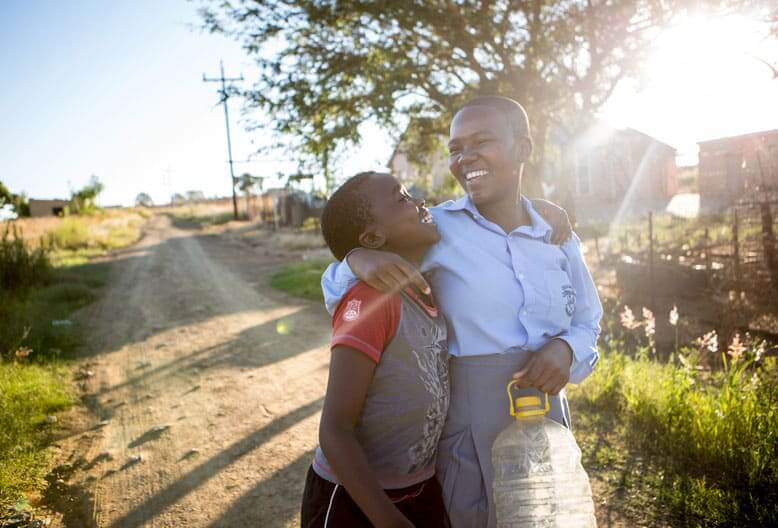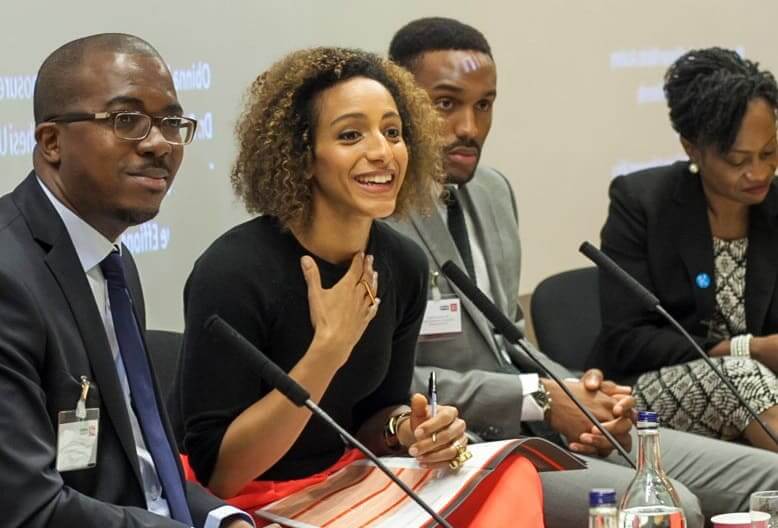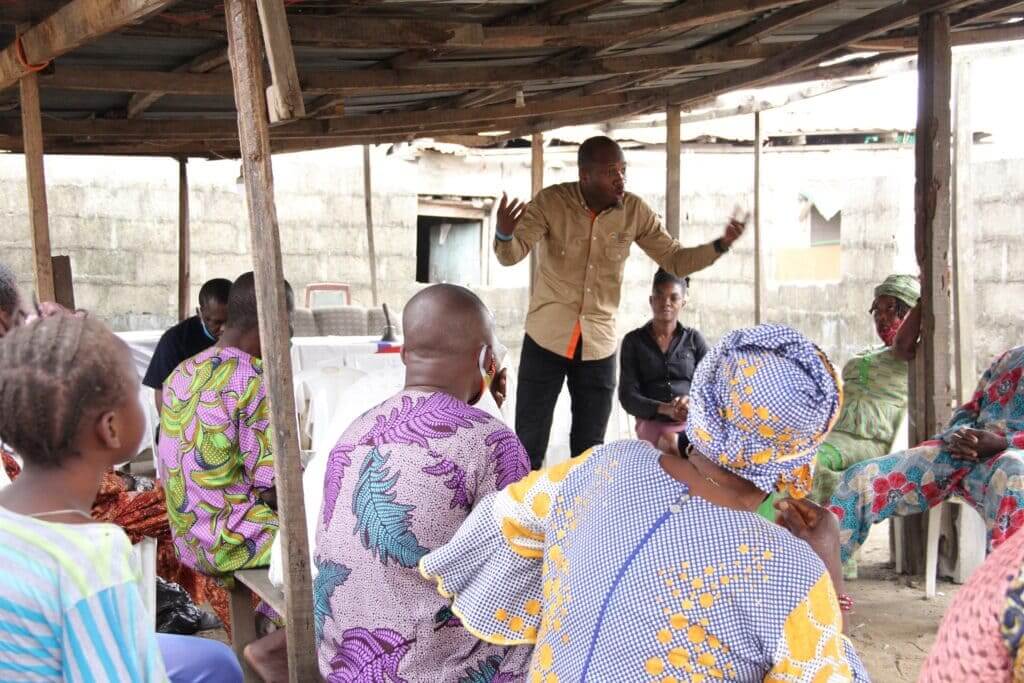ASDPN International organizes a two days side event to mark the celebration of the 16th day of African traditional medicine
According to the World Health Organization (WHO), traditional medicine is the sum total of the knowledge, skills and practices based on the theories, beliefs and experiences indigenous to different cultures, whether explicable or not, used in the maintenance of health, as well as in the prevention, diagnosis, improvement or treatment of physical and mental illnesses” (WHO,2006). Medicine in Africa has evolved over the last two centuries. It is worthy to note that Africa in the pre-colonial period, before the 20th century and the beginning of most written records already had a very rich public health tradition which consisted of herbalism (use of herbal plants to treat varied diseases) and spirituality (treatment of varied sicknesses by means of divination and mysticism). However, science in past years have considered traditional medicine as primitive, backward and full of witchcraft and magic. As a consequence little or no attention was accorded to this branch of medicine. But today, there exist strong evidence e that shows African traditional medicine has been very effective in treating complicated cases such as psychiatric disorders, cholera, most venereal diseases, healing of wounds and burns, malaria, eczema, high blood pressure, epileptic seizures among others.
Reason why WHO deemed it of utmost importance to accord a special day for the celebration of African traditional medicine (August 30-31) and also to include traditional medicine among the list of essential medicines. Cognizant of this year’s theme “Local Manufacturing of Traditional Medicine Products in the African Region”, the Africa Science Diplomacy and Policy Network (ASDPN) decided to organize a two days side event to access the contributions of science in the advancement of African medicine, the role of science in demystifying African traditional medicine and also what policy recommendations are necessary for the advancement of African traditional medicine. This is mindful of the fact that in Africa, traditional medicine is much more prevalent (60-80% rely on traditional medicine) compared to conventional medicine or western medicine.
During the two days side event, the Africa Science Diplomacy and Policy Network team engaged scientists, law experts and promoters of African traditional medicine who shared views on how science can best contribute to this aspect of Africa’s development.
Dr. Ngono of the University of Yaoundé II said, “Africa traditional medicine should not be seen as a parallel means of healthcare but rather be made an integral part of the health care system in each African country”. This statement was made in acknowledgment of the Importance of this brand of medicine as well as the importance of getting both conventional and traditional medicine to move hand in glove.
Dr. Henri Bitha, Chief of Service for the Development of Traditional Medicine at Cameroons ministry of Public Health, stressed on the complimentary role played by African traditional medicine in the treatment of diseases considering that traditional medicine has a more holistic approach. He stressed also on the importance of science in the shift towards local manufacturing of traditional medicine.
Madame Baye Rapima, a promoter of African traditional medicine on her part appreciated the present collaboration between traditional practitioners and conventional medicine practitioners towards valorization and promotion of scientific research.
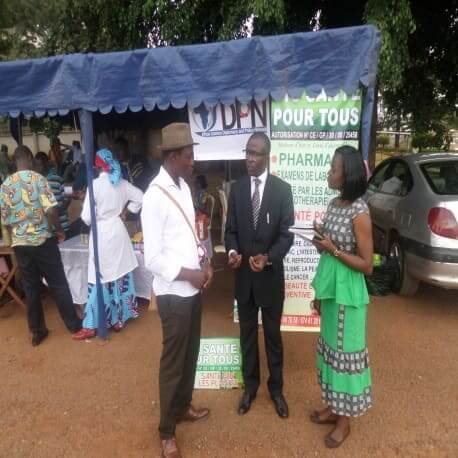
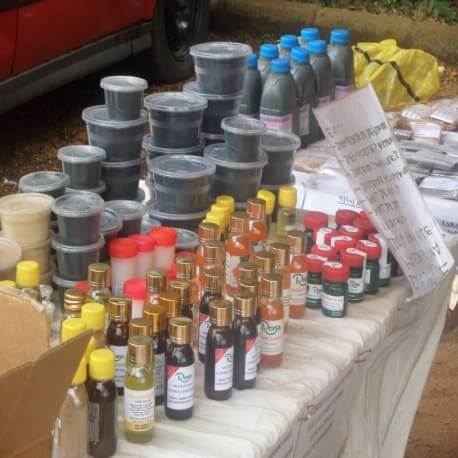
Drawing inspiration from the two days event of constant engagement, ASDPN came up with the following policy recommendations for the advancement of African traditional medicine:
- The need for the elaboration of a national communication plan for traditional medicine in each and every African state.
- The necessity for putting in place national structures for the promotion and valorization of African traditional medicine.
- There is the need for national laws governing traditional medicine.
- The need for setting up a national council of traditional medicine practitioners.
- The need for national laboratories on traditional medicine across Africa.
- The need for institutions to promote scientific research and innovation in traditional medicine.
- The need for the codification of African traditional medicine.
- Need to rethink the approach of treatment using traditional medicine by taking cognizance of patient security and product toxicity.
- The need for the development of a national and continental strategic plan on the fight against particular diseases using African traditional medicine.
- The need for all African governments to include traditional medicine in the list of essential medicines.
- The need for national programmes on traditional medicines.


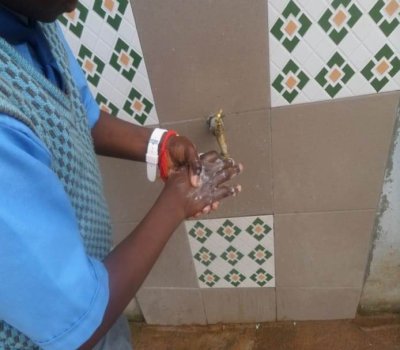
Member states unanimous on hand washing as a major health remedy in disease prone Africa
-
asdpn
- October 17, 2019
Contact Us
For further information on the Living Healthy Living Free For Africa (LIHLIVF) programme, ASDPN International invites you to write to us:
info@asdpn.org
we will gladly share more with you.

